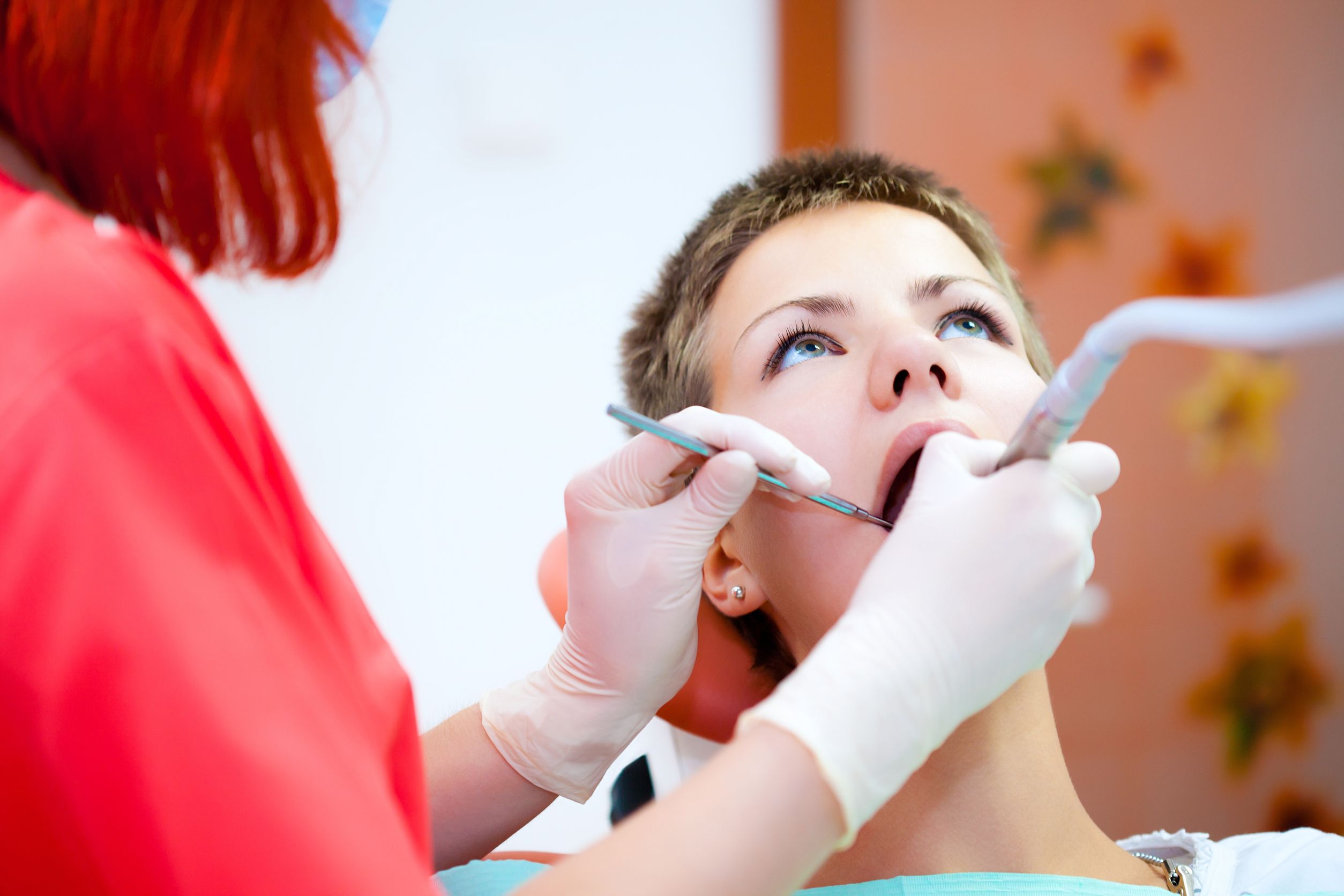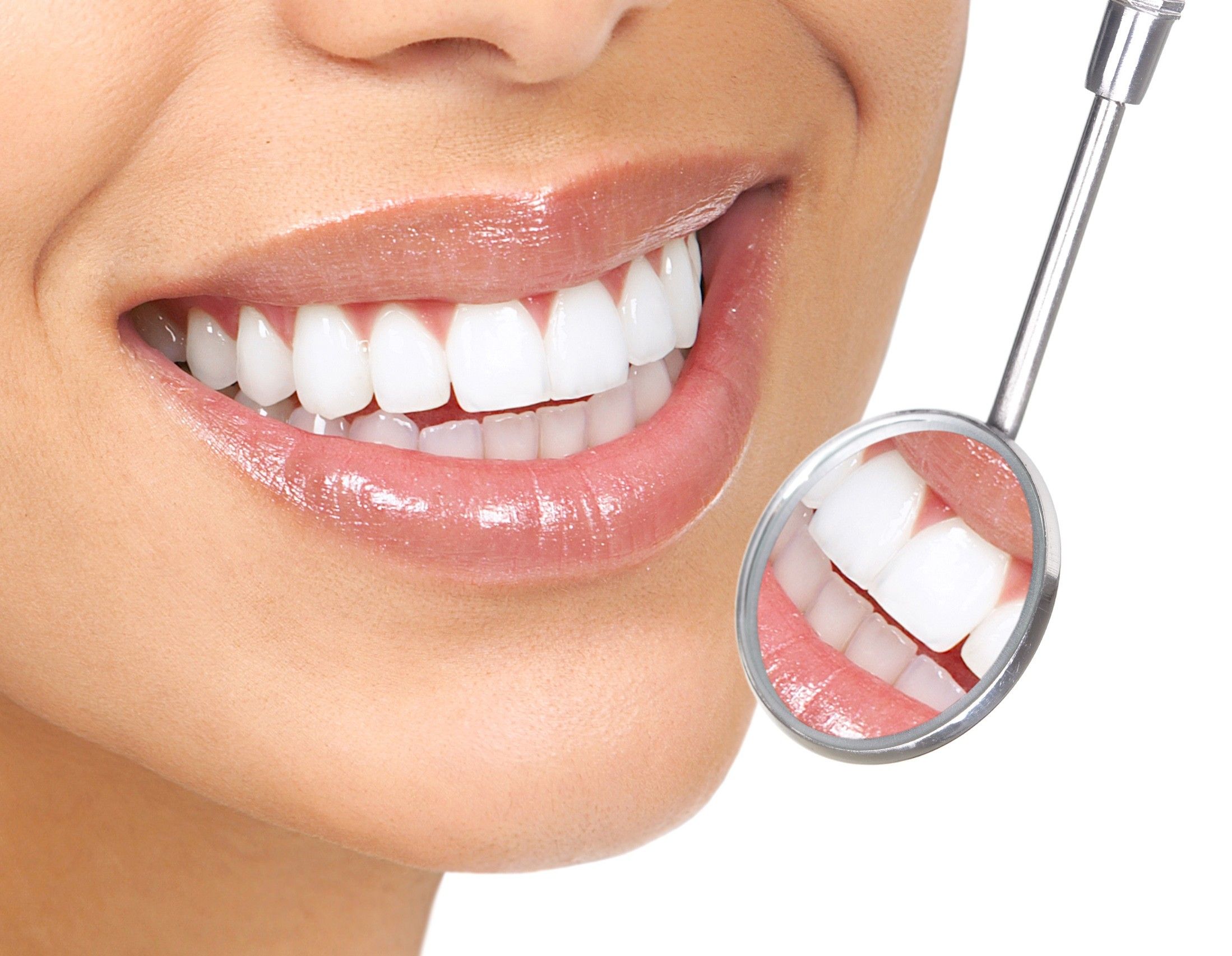Restorative dentistry is a specialization that focuses on fixing existing problems and restoring a patient’s natural bite pattern. For those who have sustained substantial damage to their existing teeth, or have even lost one or more teeth, it can make a huge difference in their ability to speak clearly and chew food without difficulty. Below are a few of the most common procedures performed in modern Restoration Dentistry.
Dental Crowns
Dental crowns are generally used to cover cracked, chipped, or otherwise damaged teeth. They can also be placed to cover root canals or to anchor dental bridges and other prostheses. Once completed, they will match the color and shape of the patient’s natural teeth.
Dental Bridges
Dental bridges are prostheses shaped like normal teeth and anchored to crowns placed on other healthy teeth in a patient’s mouth to fill in any gaps in their smiles. If multiple teeth are missing in one location, one bridge can be used to replace all of them. Bridges are usually made from high-quality materials such as porcelain and precious metals.
Composite Fillings
Composite fillings are used when teeth have sustained only a minor amount of damage or decay. They are made of a hard plastic that bonds to the natural tooth and prevents any bacteria from getting into the cavity. Composite fillings have largely replaced amalgam fillings in modern Restoration Dentistry, as many dentists believe that amalgam technology leads to weakened teeth that are more likely to fracture.
Cosmetic Dentures
Dentures are generally used to replace teeth when most, or all, of a patient’s natural teeth are missing. They come in two varieties: partial dentures and full dentures. Full dentures replace an entire row of either upper or lower teeth, while partial dentures are used when patients still have a few natural teeth left.
Get Started Today
The first step toward restoring normal function and improving appearance is to schedule an appointment with a dentist specializing in restoration work. Patients who want to improve their ability to bite and chew, or prevent sagging cheeks and the other negative effects of missing teeth, can visit us for information about one local office that can help.



